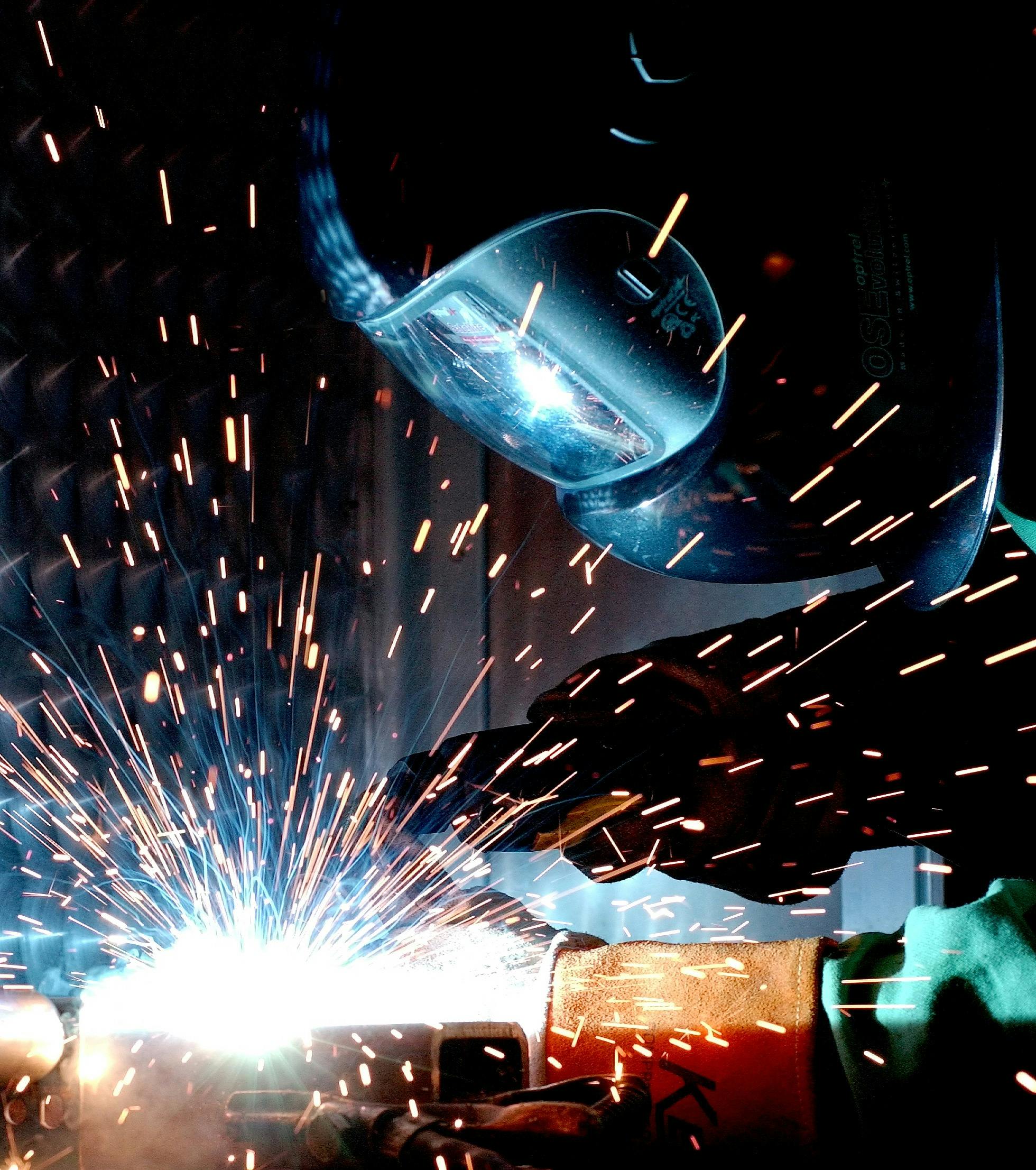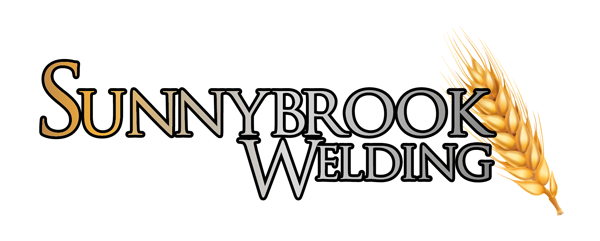SUNNYBROOK WELDING BLOG

Navigating Challenges in the Manufacturing Industry:
Fostering a Positive Work Culture & Employee Engagement While Staying Competitive
The manufacturing industry faces unique challenges and opportunities at a pivotal juncture. Manufacturers must navigate these waters carefully as technological advancements, market demands, and global economic fluctuations shape the landscape, and we here at Sunnybrook Welding are no exception. One critical aspect of maintaining a competitive edge is fostering a positive work culture and ensuring robust employee engagement. This blog explores how manufacturing companies like Sunnybrook Welding can achieve these goals while staying competitive.
Addressing Modern Challenges in Manufacturing
1. Technological Advancements
The rapid pace of technological innovation is both a blessing and a challenge. Integrating new technologies like AI and automation can significantly enhance productivity and efficiency. However, the adoption process requires substantial investment and workforce retraining. Additionally, one must balance the incorporation of Technology with the needs of the modern workforce.
2. Global Competition:
Manufacturers face intense competition from global players, necessitating continuous improvement in quality and cost effectiveness. Staying competitive means innovating and optimizing supply chains and production processes, not to mention keeping up to date products that consumers want and need to remain relevant in their specific market.
3. Workforce Dynamics:
An aging workforce and a skills gap among younger workers pose a significant challenge. Attracting and retaining talent in the manufacturing sector requires effectively addressing these demographic shifts and skill shortages. At Sunnybrook Welding, we face another dynamic challenge: being in a rural location. To face this challenge head on, we ensure that we participate in local events such as high school career fairs, provide scholarship incentives to local students interested in the trades, and seek qualified candidates in our local area first to support our local community.
4. Sustainability and Compliance:
Increasing environmental regulations and pushing for sustainable practices add another layer of complexity. Manufacturers must balance operational efficiency with environmentally responsible practices.
Fostering a Positive Work Culture
1. Embracing Inclusivity and Diversity:
Creating an inclusive and diverse work environment is crucial. It brings varied perspectives, fosters innovation, and enhances problem solving capabilities. Encouraging a culture of respect and equality ensures that all employees feel valued and included.
2. Transparent Communication:
Open and transparent communication builds trust between management and employees. Regular updates on company performance, plans, and any changes in operations help align everyone with the company's goals and vision.
3. Recognition and Rewards:
Recognizing and rewarding employees' efforts and achievements boosts morale and motivation. Implementing formal recognition programs, celebrating milestones, and offering incentives can significantly enhance job satisfaction and loyalty.
4. Work Life Balance:
Promoting a healthy work life balance is essential for employee wellbeing. Flexible work schedules, adequate leave policies, and wellness programs contribute to a positive work environment, reducing burnout and improving overall productivity.
Enhancing Employee Engagement
1. Continuous Learning and Development:
Investing in employee training and development is critical. Offering opportunities for skill enhancement through workshops, certifications, and on the job training improves performance and shows employees that the company is invested in their growth.
2. Empowering Employees:
Empowering employees by involving them in decision making processes fosters a sense of ownership and responsibility. Encouraging innovation and allowing employees to voice their ideas can lead to new solutions and improvements in operations.
3. Creating Career Pathways:
Providing clear career progression pathways helps employees see a future within the company. Regular performance reviews, mentorship programs, and succession planning are key to retaining talent and reducing turnover.
4. Employee Feedback Mechanisms:
Implementing regular feedback mechanisms, such as surveys and suggestion boxes, helps in understanding employee concerns and areas for improvement. Acting on this feedback demonstrates that management values employee input and is committed to continuous improvement.
Balancing Competitiveness and Positive Culture
1. Leveraging Technology:
While adopting new technologies can be daunting, it is essential for staying competitive. Embracing AI, automation, and data analytics can streamline operations, reduce costs, and enhance product quality. However, balancing this with the human element is crucial to ensuring employees are adequately trained and comfortable with new systems. See also my blog on "The Future of Manufacturing - The Involvement of AI."
2. Strategic Planning:
Long term strategic planning, which includes input from our various staff members, helps anticipate challenges and identify opportunities. A collaborative approach ensures Sunnybrook remains agile and responsive to market changes.
3. Sustainable Practices:
Adopting sustainable practices meets regulatory requirements and appeals to increasingly eco conscious consumers. Investing in energy efficient technologies, reducing waste, and sourcing materials responsibly can enhance the company's reputation and competitiveness.
4. Strengthening Supply Chains:
Building robust and flexible supply chains is another critical element. Diversifying suppliers, investing in local sourcing, and utilizing advanced logistics solutions can mitigate risks and ensure continuity in operations.
The manufacturing industry's future hinges on its ability to navigate modern challenges while fostering a positive work culture and effectively engaging employees. Manufacturers can create a thriving work environment by embracing technological advancements, fostering inclusivity, ensuring transparent communication, and investing in employee development. Balancing these elements with strategic planning and sustainable practices will enhance competitiveness and drive long term success. As we progress, the synergy between a positive work culture and competitive edge will be the cornerstone of a resilient and innovative manufacturing sector. The bottom line is that employees who feel valued and appreciated will be far more engaged and focused on success, which gives any company a competitive advantage that cannot be beaten.

